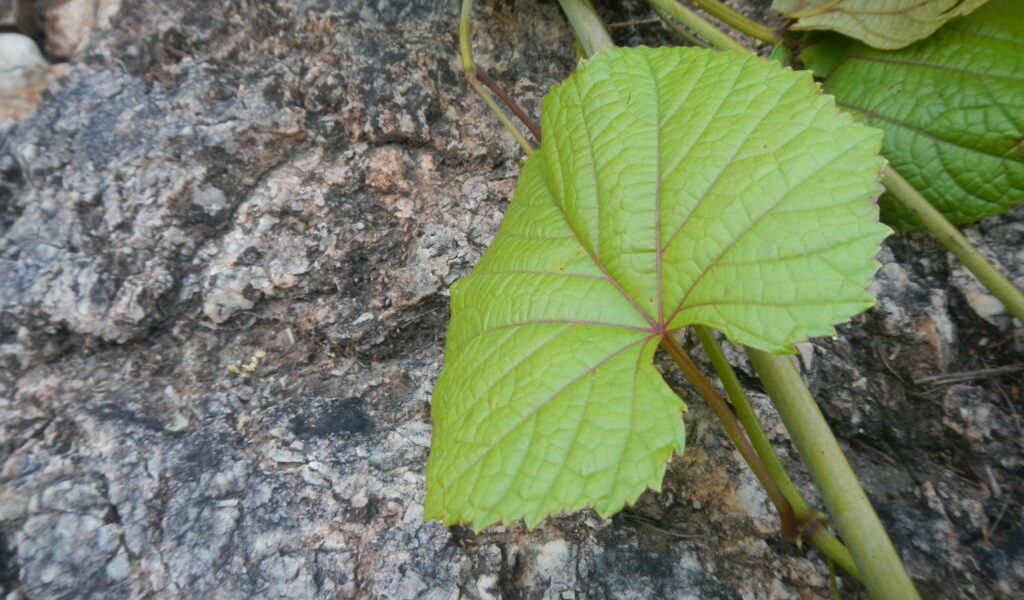
Plastic Pollution specifically, the biodegradable and compostable alternatives that are often touted as a great replacement, but are, in fact, a problem in themselves. Encouraging people to use these instead of conventional plastics could increase the level of plastic pollution on land and in water. This may sound counter-intuitive, but the fact is that these ‘green’ plastics are not any better for the environment. Most require an industrial composting facility to break down, and most people do not have access to this.
When mixed with regular plastic, compostable plastics contaminate the recycling stream. Perhaps worst of all, they allow people to continue their throwaway habits, instead of embracing reusables. Knowing a cup is biodegradable can make “consumers think it was fine to discard it into the environment.” The Environmental Investigation Agency pointed out that biodegradable plastics pose the same problems to marine life that petroleum-based plastics do.
The drive to introduce bioplastics, biodegradable plastics and compostable plastics is being done with limited emphasis on explaining the purpose of these materials to the public or consideration of whether they are in fact better from an environmental perspective than the plastic packaging they replace. It is encountered that these so-called ‘green’ plastics all the time; people are often excited to inform me that their business now uses biodegradable cutlery, compostable cups, etc.
It’s clear that public awareness is lacking as to the inadequacy of these alternatives. A UN report in 2016 found that biodegradable plastics do not break down in the oceans, and a 2019 study discovered that a biodegradable grocery bag could still carry a full load of groceries after three years submerged in water or buried underground. These are clearly not effective solutions. Plastic-free alternatives need to be thoroughly examined, too. People cannot have a wholesale switchover to bio-based plastics, to aluminium, to glass or to paper, which all have environmental consequences themselves.
Reducing demand and use remains the most logical, environmentally sound, and sustainable approach, and this should be the focal point for governments creating new policies. We should tackle our single-use culture, rather than perpetuate it, if we ever hope to create less waste.
Matter referenced:
Katherine Martinko. 2019. https://www.treehugger.com/biodegradable-plastic-bad-environment-british-mps-say-4856526#:~:text=The%20MPs%20collected%20information%20from,biodegradable%20plastics%20pose%20the%20same
By: Dr. Bhawana Asnani.
Happy to see Reviews, Additions, Suggestions and Comments, further.

Leave a Reply
You must be logged in to post a comment.